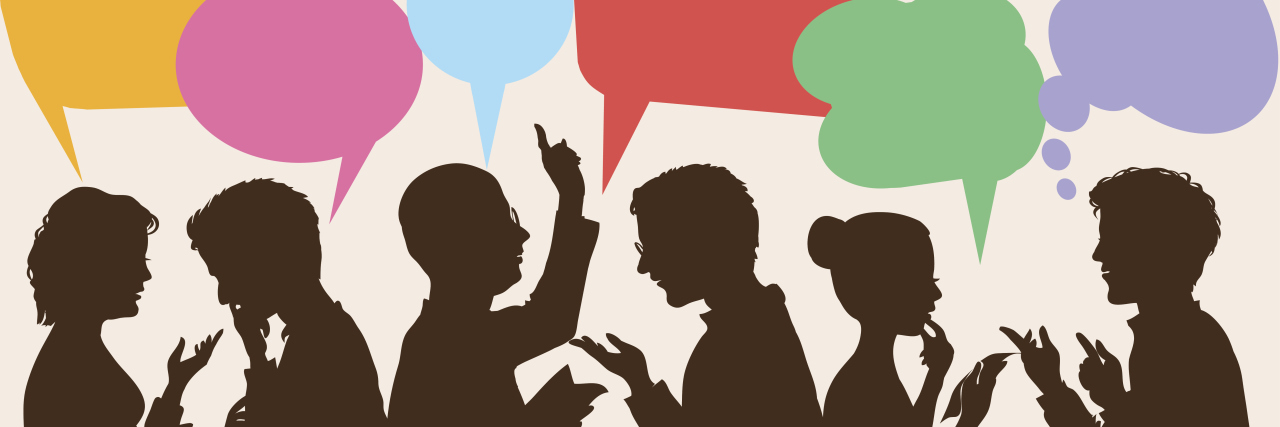When I was a little girl, I wanted to learn French to be able to speak to my grandparents and embrace my paternal Swiss French heritage. Growing up, I had conversations with adults who questioned my capacity to learn a second language due to a congenital hearing loss. In spite of their doubt, I am currently bilingual in English and French with a minimal knowledge of Spanish.
I was born with a mild to moderate hearing loss in both of my ears due to the hairs in my ears not finishing growing at the time of my premature birth at 35 weeks. Hearing loss does not run in my family, and my twin brother does not have a hearing loss. Although my hearing loss is congenital, I was not diagnosed with a hearing loss until I was in kindergarten at age 5. I wear hearing aids in both ears, and I started to wear them when I was 5. However, I did not wear hearing aids from sixth to 10th grade because an audiologist refused to turn down the sound slightly despite medically documented migraines. I have found hearing aids to be more helpful in my acquisition of French due to being able to hear liaisons between words.
My own two parents could not be more different in their backgrounds in both the promotion and acquisition of a second language. My father is from the French part of Switzerland and is a nomad of sorts, living in Switzerland, Germany, England, the Netherlands, Bangladesh, Canada and now the United States. In his stays in various countries, he had the opportunity to learn different languages and cultures. On the other hand, my mother is from New Jersey, and the only language she speaks is English. When I was younger, my mother did not want my dad to teach me and my twin French, my father’s native language, as she did not understand it.
From first through third grade, I received speech therapy to help correct speech difficulties that doctors think I had obtained due to a delayed diagnosis of my hearing loss. I commenced my studies of second language learning with Spanish in first grade, approximately one year after I was diagnosed with a hearing loss. I was an average, if not lackluster Spanish student. However, I believe this was due to boredom, not a lack of capacity to learn a second language. I could not see the point of learning colors, letters, numbers and limited facts about countries for six years.
In seventh grade, my middle school offered us the choice to continue with Spanish or begin studying French, Latin or Mandarin Chinese. I chose French due to my desire to speak to my now deceased paternal grandfather, who only spoke French, and to embrace my Swiss French heritage. I went on a field trip with my seventh grade French class to Montréal and Québec City. It was in those two cities where I realized the absolute importance of learning French, as I could not communicate with some people due to my limited knowledge of French. In Switzerland, I could always rely on my father to translate, but I had to gain my own linguistic independence.
Roughly a year into my studies of the French language, my family traveled to Switzerland to see my 89-year-old grandfather for what we did not know would be the final time. Words cannot describe the joy on my grandfather’s face when I could have conversations, albeit limited, with him. My desire to continue improving my French played a heavy role in my university decision. I received significant scholarship offers from Gallaudet University and Rochester Institute of Technology’s National Technical Institute for the Deaf, but I decided against applying to these programs due to the lack of French education.
In the summer of 2017, I had the privilege to study French at the graduate level at Middlebury Language School. Although this opportunity was wonderful, I was forced to face that I have some limitations which are associated with my hearing loss. In a phonetics course, I struggled being tested on slight differentiations of pronunciations, and the format of the exam was audio-based, so I could not rely on reading lips.
Learning another language has been a privilege due to having the ability to communicate with more people, and learning about cultures where French is spoken.
We want to hear your story. Become a Mighty contributor here.
Getty image by Ellagrin.

